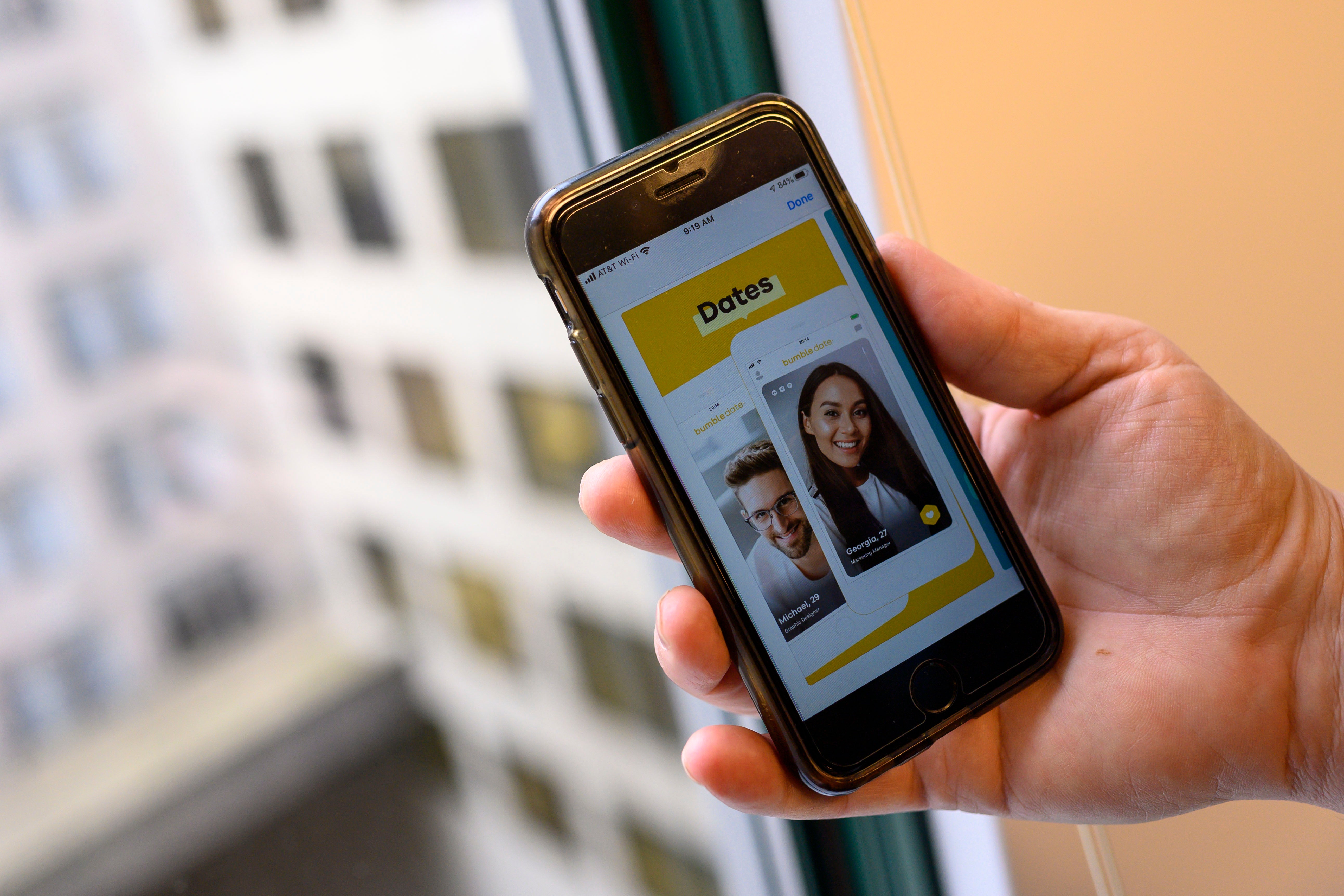Bumble gives employees a fully-paid week off over fears of pandemic burnout
It’s the latest way the tech industry has responded to the strain of working through the past year

Your support helps us to tell the story
From reproductive rights to climate change to Big Tech, The Independent is on the ground when the story is developing. Whether it's investigating the financials of Elon Musk's pro-Trump PAC or producing our latest documentary, 'The A Word', which shines a light on the American women fighting for reproductive rights, we know how important it is to parse out the facts from the messaging.
At such a critical moment in US history, we need reporters on the ground. Your donation allows us to keep sending journalists to speak to both sides of the story.
The Independent is trusted by Americans across the entire political spectrum. And unlike many other quality news outlets, we choose not to lock Americans out of our reporting and analysis with paywalls. We believe quality journalism should be available to everyone, paid for by those who can afford it.
Your support makes all the difference.Employees at the popular women-led dating app Bumble will be getting a fully-paid week off in June, as company leaders seek to combat excessive pandemic burnout among their employees.
The initiative, announced earlier this year, will give the more than 750 employees of the company a week of “paid, fully offline” time off, according to the company.
Bumble said in a statement on Monday the move came after seeing how “our global team has had a very challenging time during the pandemic.”
“As vaccination rates have increased and restriction have begun to ease, we wanted to give our teams around the world and opportunity to shut off and focus on themselves for a week,” it added.
A Bumble executive, Clare O’Connor, put it more sharply in a now-deleted tweet: the company needed it because of “our collective burnout.”
Bumble, one of the rare companies with a female CEO and a majority of women executives and board members, made waves earlier this year when it went public, making CEO Whitney Wolfe Herd, 31, the youngest self-made female billionaire.
Other wealthy business and tech firms have given their workers extra time off and flexible working arrangements during the coronavirus pandemic. In April, LinkedIn gave employees an extra week off as part of its “RestUp!” mental health initiative.
Firms like auditing giant Deloitte and social network Twitter have also allowed their employees to continue working remotely even as the pandemic wanes in some countries.
Still, few if any of the country’s low-wage workers have enjoyed such perks. The hospitality and leisure sectors were the hardest hit parts of the US economy during the pandemic, and they’re disproportionately staffed by Black and Hispanic women, as well as AAPI people, the same groups disproportionately affected by the virus itself.
As a result, many of these people, who often work hourly without benefits, regularly had to work at the heightened risk of getting sick in order to keep a shrinking number of jobs.
The US is one of the few nations with no national policy guaranteeing paid time off, parental leave, or sick days.
US workers are given about two weeks off each year on average, which is low compared to other wealthy nations.




Join our commenting forum
Join thought-provoking conversations, follow other Independent readers and see their replies
Comments